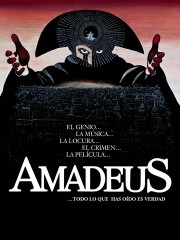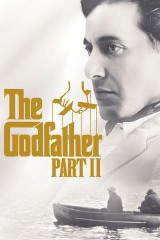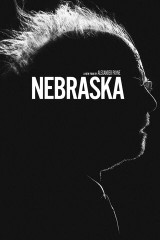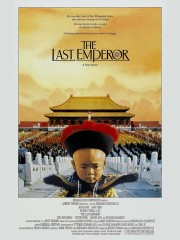Bruce Dern’s Five Favorite Films
The Hollywood veteran, Tarantino favorite, and co-star of The Mustang shares his love for epic biographies and respect for the people who inspired them.

(Photo by Tara Violet Niami / Focus Features)
At 82, Bruce Dern remains one of the in-demand actors in Hollywood. The multiple Oscar nominee, who over 60 years has worked with the likes of Alfred Hitchcock, Hal Ashby, Brian De Palma, Eliza Kazan, Alexander Payne, and Patty Jenkins, has more than 10 projects currently in development, most of which hit theaters and streaming this year. The highest-profile of those will be Once Upon a Time In Hollywood, which marks his third time working with director Quentin Tarantino, and in which he plays George Spahn, owner of the Spahn Ranch, which was the onetime home of Charles Manson and his followers. But perhaps Dern’s most celebrated role of 2019, when the year is done with, will be his performance in The Mustang. In the film, Dern plays horse wrangler Myles, who leads an equine therapy program at a Nevada prison and who takes an interest in the rehabilitation of the movie’s central character, Roman (Matthias Schoenaerts). The drama has been in limited release for a few weeks, earning plaudits for Dern’s work and rave reviews all around – it’s Certified Fresh at 95%. As The Mustang expands into more theaters, we spoke with Dern about his Five Favorite Films, and what drew him to his latest role.
Joel Meares for Rotten Tomatoes: Did you know about the equine therapy portrayed in The Mustang before you made the film?
Bruce Dern: No. Once I read the script, I told Laure [de Clermont-Tonnerre] I really can’t believe this goes on and more people don’t know about it. I’ve done Westerns all my life – I had to kill John F–king Wayne! And then a year later, blow up the Super Bowl [in Black Sunday]. I mean talk about all-time tricks! And then when she told me about [the therapy] and when I went there to shoot… everybody you see that goes into the ring with the horse and everyone in the movie except for Steven Mitchell and Matthias Schoenaerts and me, are prisoners. All the guys in the interviews are prisoners, too.
RT: You said you like movies for moments – is there a moment in The Mustang that sticks with you?
Dern: In the movie, Miss Britton – I think her name is Connie Britton, I never met her – she was the psychiatrist, and she sits [Roman, played by Matthias Schoenaerts] down, and she sits three or four other guys down, and she asks them three questions. And to me, it’s one of the purest moments I’ve ever seen in film, because the first thing she says is, “How long have you been in?” And he doesn’t say anything for a long time, and then he says, “12 years.” And she says, “And how long a time was it between the time you perpetrated the attack and the time you thought of perpetrating it?” And every single guy she talked to of the 12 never said anything more than three seconds. And Matthias says, “Instantaneously.” Then she said, “And what was it you did?” Well at the end of that, you understand what a violent offender is.
The Mustang is currently in limited release and opens in more theaters April 5.









